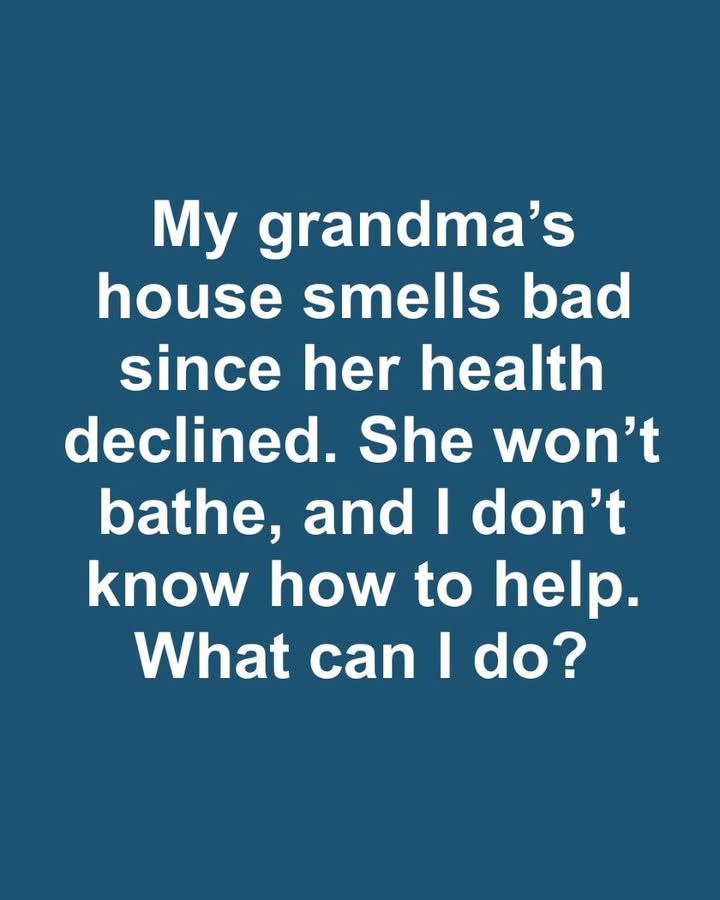As our loved ones age, we often face new challenges in caring for them, especially when their health begins to decline. One common issue is a noticeable change in personal hygiene, which can lead to unpleasant odors in their living environment. This can be distressing, particularly when it involves someone as cherished as a grandmother. Understanding the reasons behind this change is crucial in finding a compassionate and effective solution.
The Impact of Hygiene on Health and Well-Being
Maintaining good hygiene is essential for both physical and mental health. Poor hygiene can lead to:
-
Skin infections
-
Dental issues
-
Increased risk of illness
-
Lowered self-esteem
-
Social withdrawal and isolation
For elderly individuals, these consequences can be even more pronounced due to weakened immune systems and limited mobility.
Communicating with Compassion and Empathy
Approaching the topic of personal hygiene with an elderly loved one requires sensitivity and empathy. Use gentle, non-judgmental language. Focus on their well-being, not just cleanliness.
-
Use “I” statements:
Example: “I noticed you might need some help with…” -
Avoid shaming or blaming language.
-
Choose a private, comfortable setting for the conversation.
Identifying Underlying Causes of Hygiene Neglect
There are several possible reasons why an elderly person might struggle with hygiene:
-
Physical limitations (e.g., arthritis, balance issues)
-
Cognitive decline (e.g., Alzheimer’s, dementia)
-
Depression or low motivation
-
Fear of falling in the shower or tub
-
Lack of access to proper facilities or products
-
Embarrassment or loss of confidence
Identifying the root cause is key to helping effectively.
